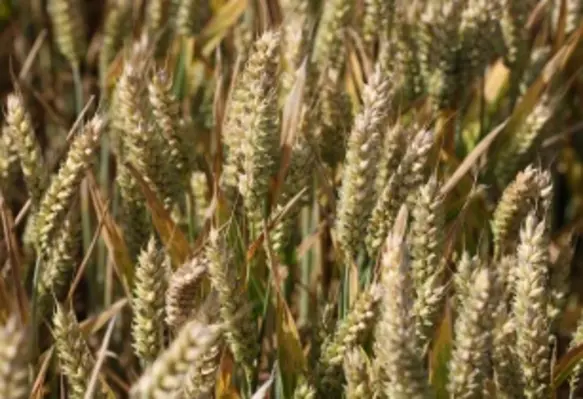In an attempt to protect the worlds food supply from the devastating impact of climate change, an international team of researchers led by University of Maryland (UMD) scientists, has successfully sequenced the complete genome of the worlds first domesticated crop, einkorn wheat
Genome sequencing has helped trace the evolutionary history of einkorn wheat, a breakthrough that will aid in the identification of important genetic traits like disease, heat and drought tolerance, all of which can later be reintroduced to modern bread wheat.
In a research article by Maryland Today, Adam Schoen, PhD student and co-first author of the research paper titled 'Einkorn genomics sheds light on history of the oldest domesticated wheat,' said, "The most exciting thing about having this genome sequenced is that einkorn is truly a model species that we can use for research, not only as a reference for bread wheat, but other small grains like rye, barley, oats."
For centuries, bread wheat was cultivated selectively for traits like large grain size and easy threshing. However, as a result of intensive cultivation and selection, bread wheat gradually lost its natural resistance to drought, heat and pests — properties that are essential to build resilience to current threats posed by climate change. Einkorn wheat on the other hand, is considered to be healthier and more nutritious than bread wheat, and has not undergone such intense selective breeding, thus allowing it to retain most of its resilient properties.
According to the article, researchers are now comparing the genome of einkorn and bread wheat, allowing them to identify mismatches and narrow down potential targets for genetic traits that differ between the ancient and modern grains. The study has helped UMD researchers identify genes that are economically significant and breed them into bread wheat. Moreover, tracing the evolutionary history of einkorn wheat by analysing the reference genome, provides remarkable insight into human history.




